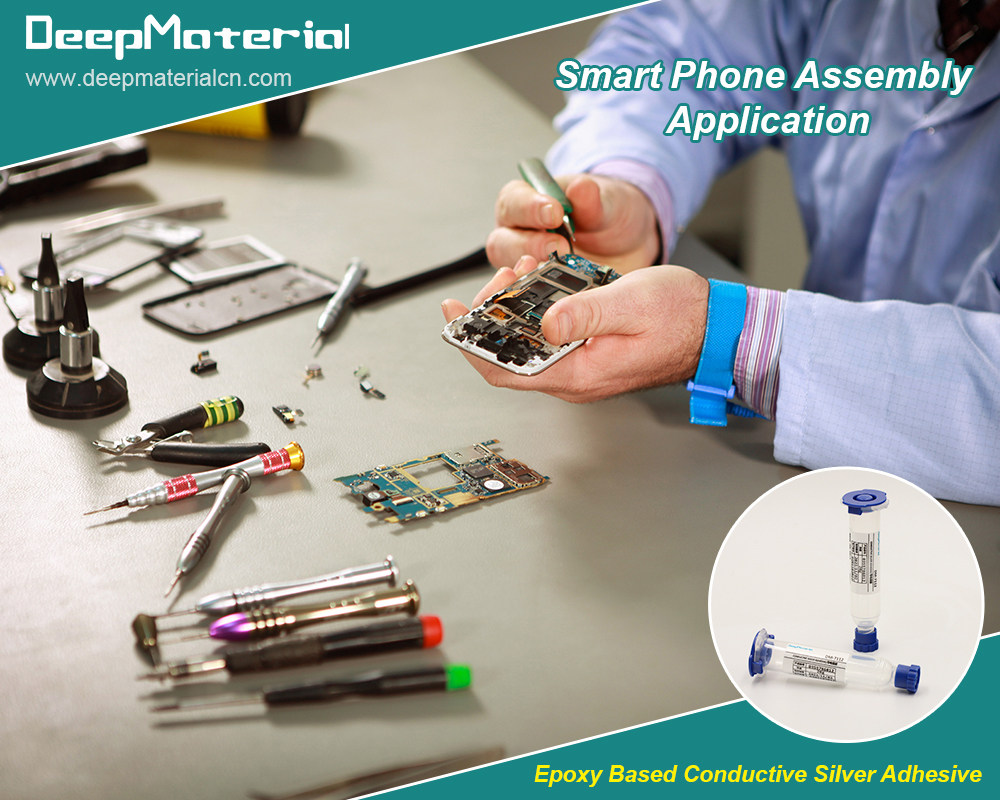The Difference Between PCB Potting Compound And PCB Conformal Coating
The Difference Between PCB Potting Compound And PCB Conformal Coating
Printed circuit boards, commonly referred to as PCBs, contain the most critical components for electronic devices. When exposed to elements like dust, moisture, humidity, and chemicals, the components can damage, leading to device malfunction or destruction. Electrical engineers used different methods to protect the components even as they grew smaller and smaller in size with technological development. PCB potting and conformal coating are the two main protection methods used in different applications.
The two methods use polymers to create a protective layer on the PCBs. The electrical components have varying requirements, and it is, therefore, important to start by understanding the differences and similarities of the protection methods to decide which one is most suited for what application.

PCB Potting
Potting is a protective method for circuit boards involving filling PCB enclosures with a liquid compound or resin to create a layer that keeps the components safe from harm. The PCB potting compound fills the housing and covers the entire circuit board and the components or just the part that requires protection. Individual components can also be potted; it all depends on the requirements.
Potting gives circuit boards resistance to heat, chemicals, abrasion, and other environmental hazards. The potting material will usually determine the protection levels achieved and their functionality. The most commonly used materials for PCB potting are silicone, epoxy, and polyurethane.
Epoxy is a durable potting material offering circuit boards with excellent chemical resistance. This rigid compound also has high adhesion properties, among other features making it one of the most popular in different sectors. Its curing takes time and requires enough time to set, but when it is fully cured, the PCB protection results are amazing.
Polyurethane is another potting material that you can use for printed circuit boards. This material is softer than epoxy and makes a great choice for boards with sensitive connectors that would otherwise get damaged from epoxy rigidity. However, the heat and moisture resistance of this material is not as impressive as the other potting options.
Silicone is very popular among engineers and fabricators because it is flexible and durable. This material withstands extreme temperatures but is relatively higher in cost.
Conformal coating
Conformal coating is a protective method for PCBs that involves using a thin polymeric film to cover the boards. The layer used in this method is lighter and takes up little space but also offers protection from corrosion and other hazards. The conformal coating also has waterproofing properties, thus protecting the boards from moisture and water damage.
This method employs dip coating, brushing, and spraying as the main application methods depending on the project requirements. Different conformal materials achieve the desired results, including acrylic, epoxy, silicon, urethane, and parylene.
Acrylic is a basic material for consumer electronics and mass-production appliances. The conformal coating is easy to apply and remove.
Parylene polymer is applied in gas form and creates a thin but durable film with excellent dielectric strength and other qualities. It is hard to remove, and repairs are complicated as a result.
Silicone resin performs well in varying conditions making it one of the best in conformal coating for PCBs.
Epoxy is suitable for demanding applications because it is rigid and hard. Even with the thin layer in conformal coating, it is not the best for sensitive components.
Urethane, on the other hand, is resistant to solvents and abrasion. It is loved because it is cost-effective compared with the other conformal coatings.
DeepMaterial is a reputable and reliable manufacturer of potting compounds, conformal resins, and adhesives. The company experts can go the extra mile to formulate a product to suit your application's special requirements.

For more about the difference between pcb potting compound and pcb conformal coating,you can pay a visit to DeepMaterial at https://www.epoxyadhesiveglue.com/whats-the-difference-between-pcb-potting-and-conformal-coating/ for more info.
For more you can pay a visit to https://www.pinterest.com/deepmaterialadhesive/
评论
发表评论